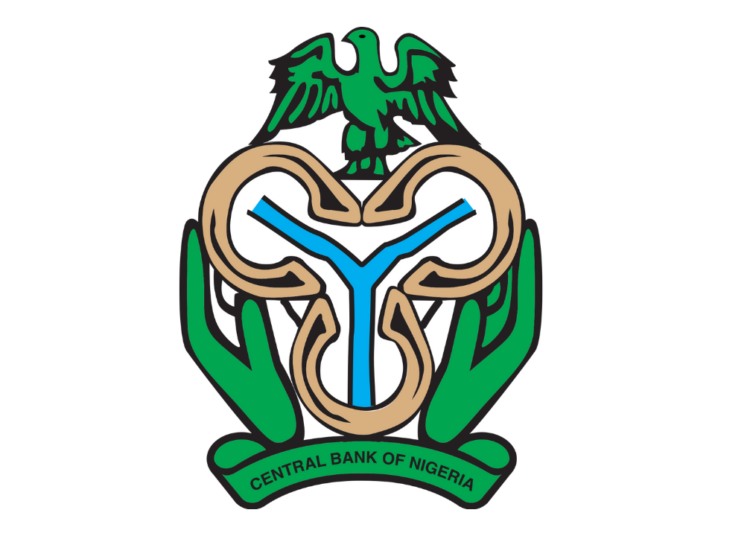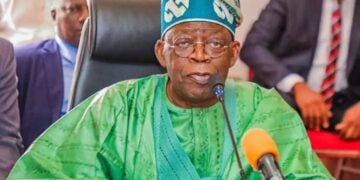A Nigerian – based independent think tank and research organisation, Pol Eco Analytics, has warned against mismanagement of the nation‘s reserves, saying that it is strategic to the nation‘s economic well- being.
A statement made available to LEADERSHIP yesterday in Abuja, signed by the senior researcher, Pol Eco Analytics, Adefolarin A. Olamilekan, said having observed the recent development within the nation‘s foreign exchange market, essentially the forex unification and CBN‘s I & E Window policy, the apex bank has not been able to achieve the set goals of eliminating multiple forex market and mitigate currency speculation, round tripping and insider abuses that has put undue pressure on the naira.
He said, „With the recent JP Morgan‘s report which we have carefully interrogated, it portends a great danger with the current status of the nation‘s foreign reserves which JP Morgan puts at $3.7 billion as against the quoted CBN figure of $37.08 billion.
Although the apex bank has faulted the JP Morgan‘s report as not being correct, as it lacked the understanding of the workings of the nation‘s foreign reserves‘ management, the import of the report is not ambiguous but a reminder of where we are coming from, since 1999 when the nation enjoyed a robust and steady increase of about $60 billion standing in 2008.”
The senior researcher sadly noted that things turned downward for the nation‘s foreign reserves when successive governments between 2009 and 2012 deflated it to $43.43billion, and again things became worse from 2012 to 2014 as it went downhill to $41.96 billion, and between 2015 to 2018, it dropped drastically to $35billion, and another drop to $29 billion occurred in 2020, but received a boost just after the post COVID-19 period to rise to $35 billion in 2021.
He said it gradually increased to $38 billion but dropped sharply to $15billion in 2022.
According to Olamilekan, Pol Eco Analytics acknowledges the fact that the CBN Act of 2007 specifically mandates the monetary authority to maintain external reserve, primarily as a formal back – up for the domestic currency and safeguard the value of the naira; to provide a fall back in case of fall in revenue, to provide buffer against external shock or unforeseen emergencies and natural disasters; and timely meeting up of international payment obligations such as to finance international trade which give rise to demand for liquid reserve that can readily be used to settle trade obligations, amongst others.
He, however, noted that Pol Eco Analytic need not remind the CBN that the same CBN Act 2007 eulogised the importance of external reserves to an economy as measure to demonstrate the strength of economy, and that it expected the monetary authority to be mindful of the consequence of a decreased foreign reserves‘ negative impact and foreign exchange rate risk on the economy.
„Pol Eco Analytics as a stakeholder in the Nigerian economy and development project, believes that the CBN must explore avenue to rectify this situation by taking appropriate measures to reduce external and internal vulnerabilities, debt imbalances that could make worse, the status of our reserve,“ he said.
He added in the statement that the magnitude of such imbalance debt either at short term or long term could erode investors‘ confidence in the economy, and at the same time, defeat CBN‘s intervention in the foreign exchange market to stabilise the naira.
„In this regard, as a matter of national priority, we call on President Bola Tinubu and the CBN to build our external reserve on prudential macroeconomic management that would create buffers against shock as well as invest on critical sector of the economy that would strategically lead to export – oriented economy,“ the statement concluded.









